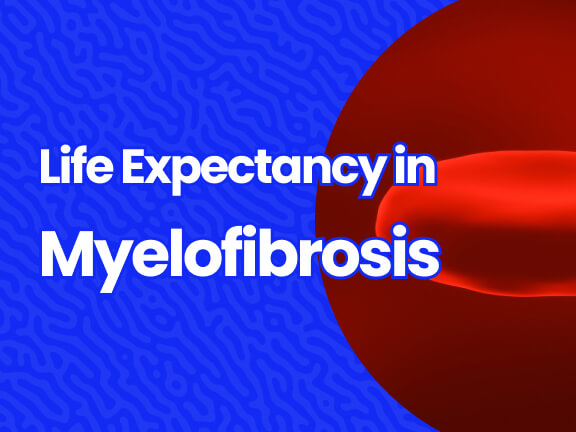Mantle cell lymphoma (MCL) is a relatively rare and aggressive type of non-Hodgkin lymphoma (NHL) that originates from B cells, a type of white blood cell. Here are some key points to know about mantle cell lymphoma:
Incidence and Age: Mantle cell lymphoma accounts for approximately 3-10% of all non-Hodgkin lymphoma cases. It is more common in older adults, with the median age at diagnosis being around 60 years.
Cancerous Cells: MCL arises from abnormal B lymphocytes located in the “mantle zone” of the lymph nodes. These lymphocytes typically overproduce a protein called cyclin D1, leading to uncontrolled cell division and the formation of cancerous cells.
Clinical Presentation: MCL often presents with painless swelling of the lymph nodes, typically in the neck, armpits, or groin. Other symptoms may include fatigue, weight loss, night sweats, and gastrointestinal issues such as bloating or abdominal pain.
Staging: MCL is classified into different stages based on the extent of disease involvement, using the Ann Arbor staging system. This system considers factors like lymph node involvement, spread to other organs, and bone marrow infiltration.
Prognosis: Mantle cell lymphoma is considered an aggressive subtype of lymphoma, and the prognosis is generally poorer compared to other NHL subtypes. However, individual prognosis can vary widely depending on several factors, including age, overall health, stage at diagnosis, and specific genetic mutations.
Treatment Approaches: Treatment for mantle cell lymphoma typically involves a combination of chemotherapy, immunotherapy, targeted therapy, and stem cell transplantation. Rituximab, a monoclonal antibody, is commonly used in combination with chemotherapy as a first-line treatment.
New Treatment Options: In recent years, novel targeted therapies have emerged as promising options for MCL management. For instance, drugs like ibrutinib, acalabrutinib, and venetoclax have shown efficacy in treating relapsed or refractory MCL by targeting specific cellular pathways.
Clinical Trials: Participating in clinical trials can provide access to innovative treatments and help advance the understanding of mantle cell lymphoma. Clinical trials evaluate new therapies, treatment combinations, and other approaches to improve patient outcomes.
Follow-up Care: After initial treatment, regular follow-up visits are essential to monitor disease response and manage any potential complications. It’s crucial to maintain open communication with the healthcare team and promptly report any new symptoms or concerns.
It’s important to consult with a medical professional for accurate and up-to-date information on mantle cell lymphoma, as diagnosis, treatment options, and prognosis can vary for each individual.












